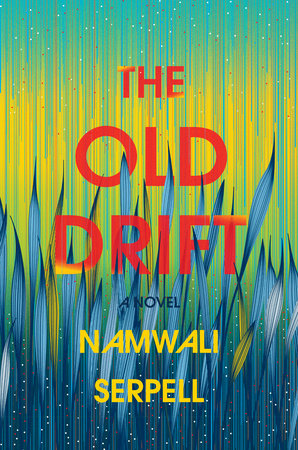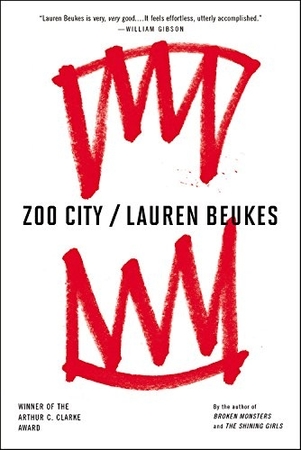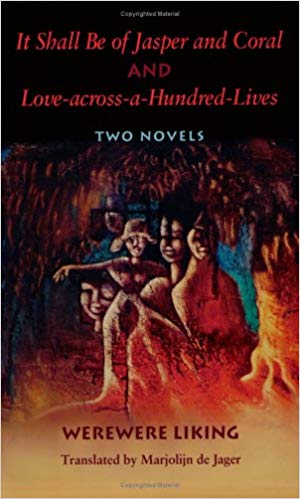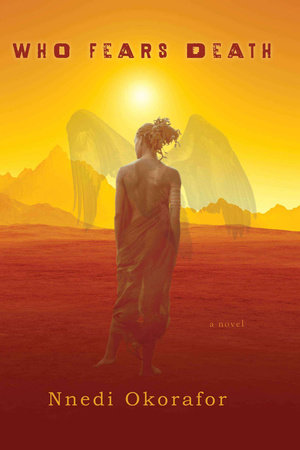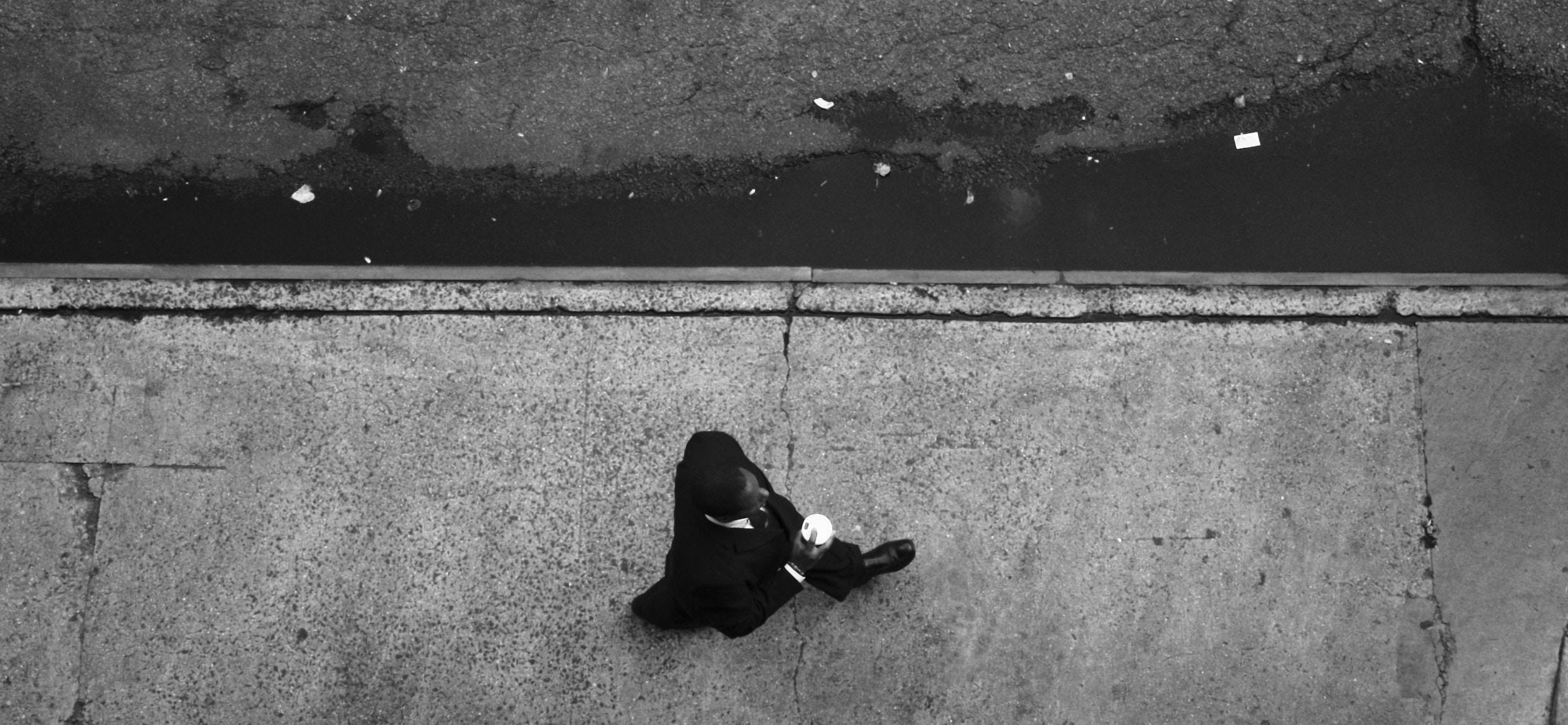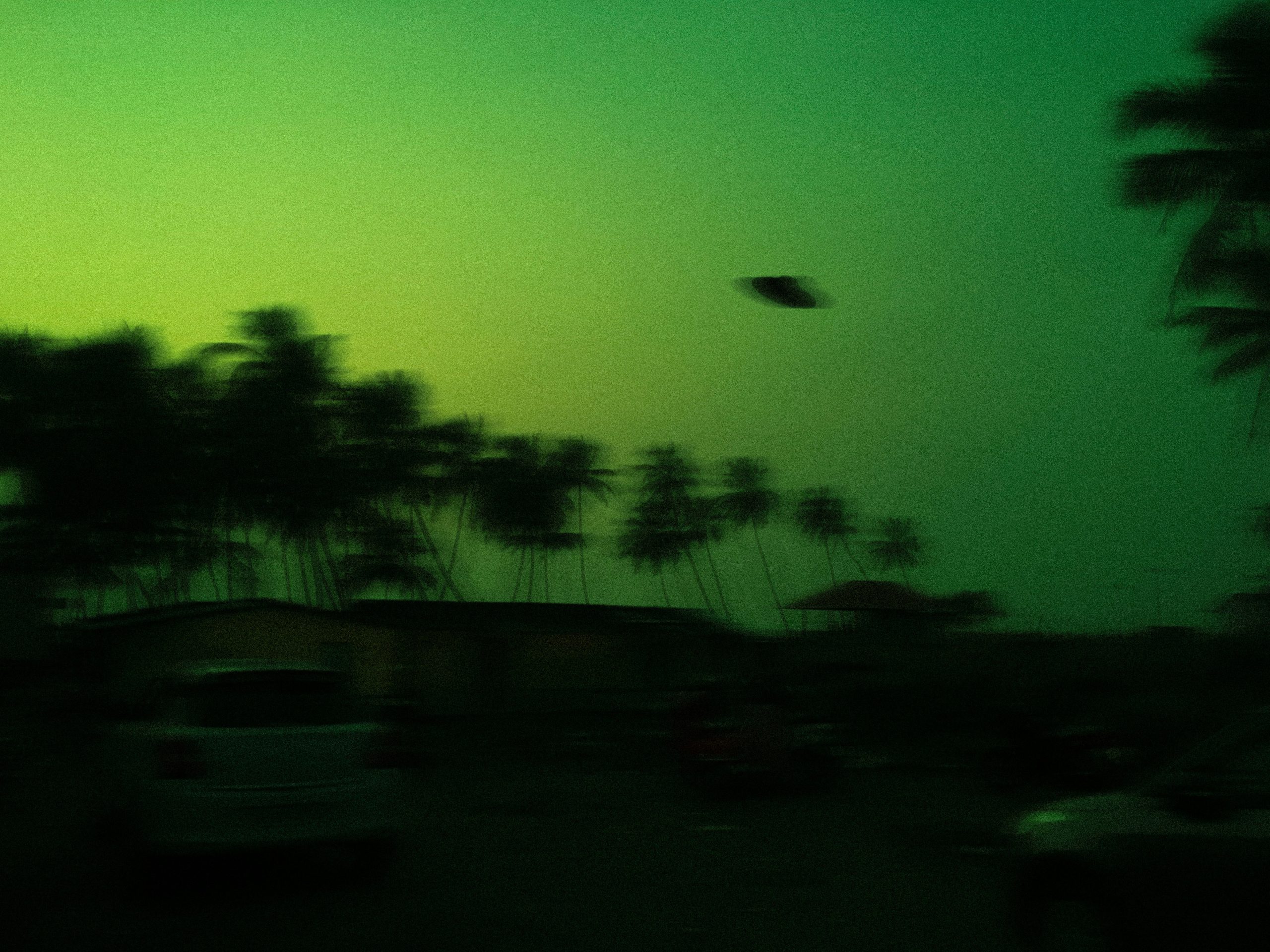Read More Women
Tochi Onyebuchi Recommends African Visions of the Future by Women and Nonbinary Authors
For our Read More Women series, the author of "Riot Baby" picks his favorite Afrofuturist novels that aren't by men

Tochi Onyebuchi’s young adult books, the duology Beasts Made of Night and Crown of Thunder, are fantasy novels with a Nigeria-influenced setting. His upcoming War Girls is set in a post-nuclear, post-climate change Nigeria of 2172. Riot Baby, his first novel for adults (also forthcoming), is a dystopian story about supernatural powers and American racism. Suffice to say, Onyebuchi knows a thing or two about envisioning alternate pasts, presents, and futures of the African and Black American experience. So we can’t wait to read his picks of Afrofuturist novels that aren’t written by men.
Read More Women is Electric Literature’s series, presented in collaboration with MCD Books, in which we feature prominent authors, of any gender, recommending their favorite books by women and non-binary writers. Twice a month, you’ll hear about the five non-male authors who most delight, inspire, and influence your favorite writers.
I first learned of the term “Africanfuturism” from Nnedi Okorafor. In the wake of Black Panther’s mammoth success and new cultural near-ubiquity, the term “Afrofuturism,” of American origin, would come to be slapped onto every speculative imagining that happened to prominently feature black characters. An attempt to stuff Tomi Adeyemi’s Children of Blood and Bone into the same cupboard as N.K. Jemisin’s Broken Earth trilogy and the musical stylings of Janelle Monaé with little regard for whether the work in question even fell along the traditional divides of fantasy or science-fiction. American publishing had turned a specific American-born artistic and literary tradition into a distended buzzword. Yet with as much as the term seemed to contain, it left out one rather important piece: Africa itself.
A trip to Lagos for the Aké Arts and Books Festival revealed to me a thriving, longstanding ocean of literary work by continental and diasporic Africans, one that didn’t necessarily have a culturally hybridized pan-African future as its goal. Nor did it seem to grow out of or in response to the cataclysmic dislocation caused by the transatlantic slave trade. Instead, it sprang from highly localized realities, traditions, and mythos. And imagined simultaneously scopic and specific, genre-bending futures.
The Old Drift by Namwali Serpell
An Electric Literature interview with the author put this multigenerational epic on my radar. The novel follows three families—one black, one brown, and one Indian—as their futures intertwine over the course of Zambia’s story. Simultaneously a historical narrative with fantastical elements and a science fiction novel, it begins in the nation’s pre-colonial past and extends into a near-future with solar-powered drones and smartphones that live in our hands. It contains so much. Colonialism, independence, revolution, the Zambian Space Program. And it does that wondrous thing of seeing from both the bird’s and the worm’s eyes, all without my ever having felt lost during the telling.
Zoo City by Lauren Beukes
The setting is Jo’burg. Our protagonist: a recovering journalist and former addict named Zinzi December. Who is bonded to a sloth. Who she believes carries the spirit of her dead brother, Thando. You see, in this version of Johannesburg, someone who is culpable in a murder is automatically “animalled,” or psychically attached to an animal familiar. Stray too far from your animal, and you’ll catch panic attacks and nausea and debilitating withdrawal symptoms. And if your animal dies, you will be torn to shreds by a mysterious dark cloud. Now say you’re bound to a crime syndicate that’s paying off your debt to your dealer. And say, to escape your debt to the crime syndicate, you take a job from a music producer to track down the missing half of a teen-pop duo. The magic in this version of Johannesburg’s Hillbrow suburb carries the kind of grit that sticks between your teeth, the narrative voice coated in such hard-boiled rasp that you’ll find yourself constantly reaching for a glass of water.
Freshwater by Akwaeke Emezi
I may be cheating including Emezi’s stunning autofiction debut on this list, but hear me out. This book defies categorization. It obliterates boundaries. It is, quite simply, mind-blowing, and I will take every opportunity I get to recommend it. Emezi’s protagonist is a young girl named Ada, born in southern Nigeria as a response to prayer, and plagued throughout her life by ọgbanje, a malevolent spirit that deliberately torments the possessed with misfortune. Interestingly enough, the term has sometimes been translated to changeling, and if you read the book with that in mind, that provides a rather interesting layer of resonance to Ada’s tale. Someone’s fantastika is another person’s reality; someone’s I, another person’s we. Freshwater is a daring story of how we occupy our bodies, about being and fashioning oneself out of many selves. It has, quite rightly, been dubbed a masterpiece. And Emezi accomplishes something on page 37 I had not thought possible in a book.
Elle sera de jaspe et de corail by Werewere Liking (English title: It Shall Be of Jasper and Coral, translated by Marjolijn de Jager)
One theme that has arisen so far in this list is the meaninglessness of borders, the futility of categorization. It Shall Be of Jasper and Coral is both song and novel consisting of nine journal entries on themes from art criticism to how to raise children. Interspersed throughout, and contributing to the novel’s polyphony, are dialogues between the comic relief, Babou and Grozi. Our journalist: a misovire from a future where there is no gender differentiation, a being who heralds the creation of a whole new race. Of Cameroonian origin, Liking—painter, playwright, artistic director, novelist—is an artist with unparalleled vision, for whom the novel as form is like putty in her hands.
Who Fears Death by Nnedi Okorafor
Fellow Naijamerican Okorafor won the World Fantasy Award for this book that follows Onyesonwu, a child born of horrific violence, across a postapocalyptic simulacrum of Sudan scarred by genocide. From a young age, Onye manifests immense powers and when she discovers that a powerful being is chasing her, intent on her death, she must embark on a profound quest for revenge that will reverberate throughout all of society. This novel ripped me open and, somehow, both my brain and my heart were bigger for the experience. Transmuting local realities and issues into scopic, heartrending, hopeful futures, this is speculative fiction at its finest. The book has since been optioned for TV by HBO with none other than George R.R. Martin serving as an executive producer. This is an important and devastating book. If you won’t take my work for it, take his.




